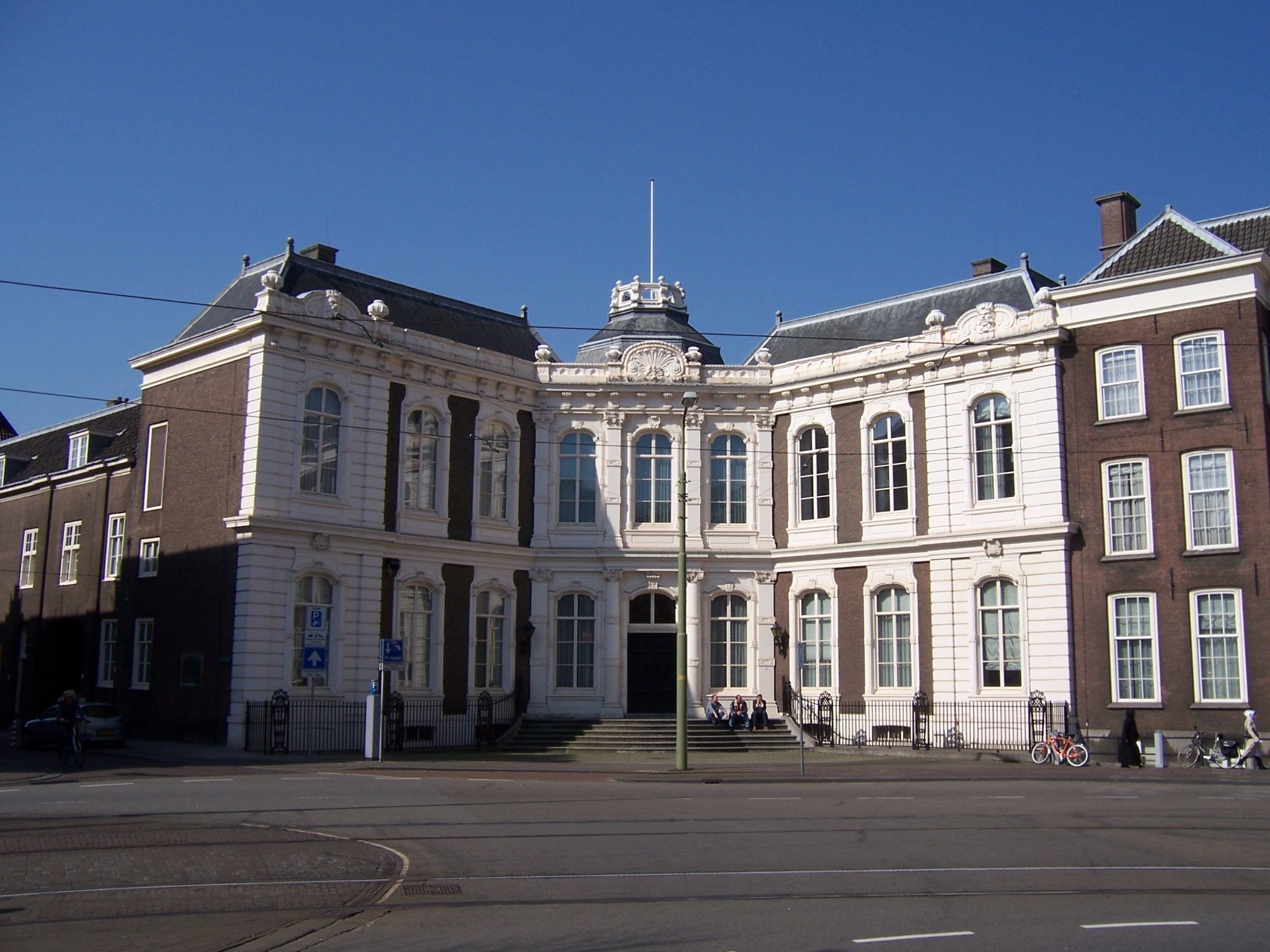Local councils don’t count in child refugee amnesty: Council of State
 Refugee children who are registered with the local council but not with national agencies such as the IND do not qualify for the amnesty for child refugees, the Council of State ruled on Wednesday.
Refugee children who are registered with the local council but not with national agencies such as the IND do not qualify for the amnesty for child refugees, the Council of State ruled on Wednesday.
The council, which is the highest Dutch court, said in its ruling refugees have to ‘actively’ ensure they remain in full view of the national authorities.
This is in line with the position taken by junior justice minister Fred Teeven, who has rejected several dozen amnesty applications by arguing the children had ‘dropped out of sight’.
To qualify for the amnesty, children without proper papers must have been under the supervision of either the immigration service IND, the central refugee agency COA, the deportation service, the foreign police service or the Nidos guardianship institute, the court said.
Being in touch with local councils and going to school is not sufficient to qualify for the amnesty because these bodies do not have a role in law in immigration policy, the ruling stated.
Discussion
Teeven said in a reaction he hoped the council’s ruling would end the discussion about the amnesty for refugee children, which formed part of the coalition agreement between the right-wing VVD and the Labour party.
Last year some 300 of the Netherlands’ 400 mayors signed a letter calling on Teeven to approve residency permits for children who were registered with the local authorities.
Absurd
Child rights organisation Defence for Children described the court’s ruling as ‘absurd’.
‘This ruling totally misunderstands children’s rights,’ the organisation said. ‘We are talking about well-integrated children, some of whom were born here and are 11 or 16 years old.’
The ruling will have an impact on hundreds of children, the organisation said. Defence for Children plans to take the issue to the European Court of Human Rights.
Thank you for donating to DutchNews.nl.
We could not provide the Dutch News service, and keep it free of charge, without the generous support of our readers. Your donations allow us to report on issues you tell us matter, and provide you with a summary of the most important Dutch news each day.
Make a donation